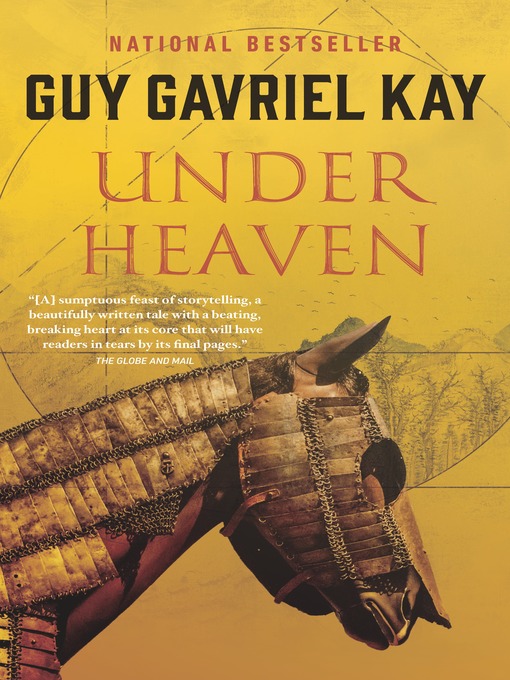
I would have been quite happy had the entire book stayed with Shen Tai by the lakes of Kuala Nor, burying the bones and appeasing the ghosts of the dead, such was the haunting beauty of the situation. It is such a simple gesture made by Shen Tai but one that readers will immediately identify with, much in the same way that it also resonates with the characters within the book itself. To honour and redress his father's sorrow, Tai has journeyed west to the lake and has laboured, alone, to bury the dead of both empires. The bones of 100,000 soldiers still lie unburied by the lake and their wailing ghosts at night strike terror in the living, leaving the lake and meadow abandoned in its ring of mountains. But Tai's father never forgot the brutal slaughter involved.

The first thing that draws you into the world that Kay has created is the synopsis on the back cover:įor two years Shen Tai has mourned his father, living like a hermit by a mountain lake where terrible battles have long been fought between the Kitai and the neighbouring Tagurans, including one for which his father - a great general - was honoured. He has successfully re-imagined Ancient China in the same accessible and absorbing way that he previously achieved with medieval France, Ottoman Spain and Renaissance Italy. Kay is an expert storyteller, his writing style strong and fluid, his exposition always necessary and worked seamlessly into the narrative. Under Heaven, inspired by the Tang Dynasty of Ancient China, is as beautiful and enriching a novel as you could possibly wish for. The reason I say this is so that it puts this positive review of Under Heaven into perspective. I enjoyed The Lions of Al-Rassan and The Fionavar Tapestry but not to the same extent as the two previously mentioned titles. Tigana was a wonderful book, amongst the best I read as a young adult and the two books that made up The Sarantine Mosaic I found similarly excellent.

I am a fan of Guy Gavriel Kay’s work but not to the point of sycophancy.

Before you begin reading this review of Guy Gavriel Kay’s Under Heaven I would like to make some things clear.


 0 kommentar(er)
0 kommentar(er)
